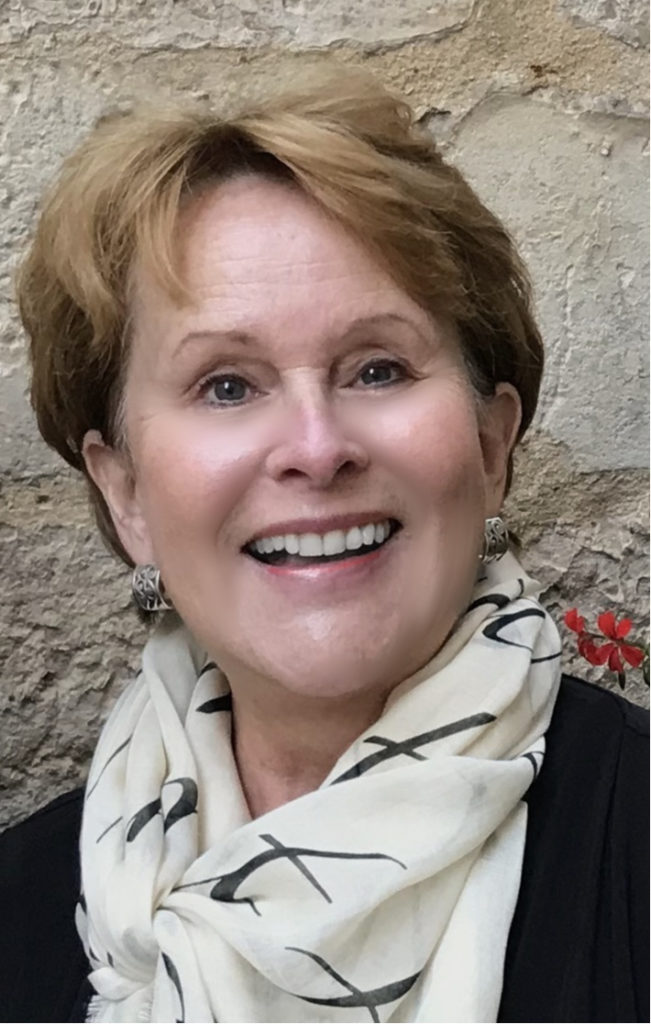Strategic Conversations with Barbara
What Will YOUR Retirement Look Like?

It is predicted that baby boomers will enjoy an estimated 30 more years of life than the previous generation. Because of these “bonus years,” those born between 1949 and 1964 are poised to create a new life stage and one of this century’s most powerful cultural phenomenons.
Since today’s boomers who are nearing the end to primary careers lack models to emulate, their task of creating meaningful options for themselves is unprecedented. Baby boomer retirees are today’s social pioneers who are redefining retirement. Their increased life expectancy is allowing them to not only dream about a bucket list, but systematically check off the list as well.
A shift in mindset about retirement is unfolding in just one generation, due in part to the distinct characteristics of the baby boomer demographic:
- best educated in history
- commitment to lifelong learning
- healthy lifestyle
- desire to make a difference
The term “working retiree” may seem like an oxymoron, but it is today’s new boomer reality and it is forecasted to have a significant impact on the marketplace due to low population growth and high talent needs.
Research is showing that the life and work choices boomers are making in the second half of their lives are increasingly based on a significant desire for meaning and purpose.
While the direction that their desire for meaning takes them is as varied as each individual’s interests and values, boomers are clearly expanding the notion of what’s possible in retirement. The direction, destined to be a far cry from past generations, might be going back to school to develop new skills or complete a degree, spearheading a community-based initiative, serving as a mentor or advisor in an area of expertise, or launching a new business.
Ken Dychtwald, gerontologist, author and expert on aging issues, has identified four “core profiles” of today’s retirees:
- Driven Achievers (15 percent) who have consistently derived their identity from work and continue to be driven to achieve
- Caring Contributors (33 percent) who are motivated to give back and make a difference in the latter part of their lives
- Life Balancers (25 percent) who see work at this time of their lives as fitting into larger priorities and want work to be fairly stress-free and fun
- Earnest Earners (28 percent) who need to work to meet financial obligations, whether or not they want to continue working. Since a significant number of boomers have not adequately saved for retirement, this group is predicted to grow.
Taking time to consider ideas, possibilities, and changes that are aligned with your priorities, values and talents can create a new sense of purpose and fulfillment for the next stage of life. Consider these simple questions that might inform a decision about your direction:
- What is the significance of this stage of my life? What would give it meaning?
- What are the primary skills, competencies and talents that I’d like to offer in my next experience?
- Where might there be a meaningful intersection of my skills and priorities with an unmet need in the public or private sectors?
- What is one step I might take to bring this possibility into focus?
Barbara Babkirk is a Master Career Counselor and principal at Heart At Work Associates, an innovative career counseling and outplacement firm in Portland that assists professionals at all employment levels. Barbara’s specialty is working with baby boomers who are exploring their next act following primary careers. Contact her: barb@heartatworkassociates.com

